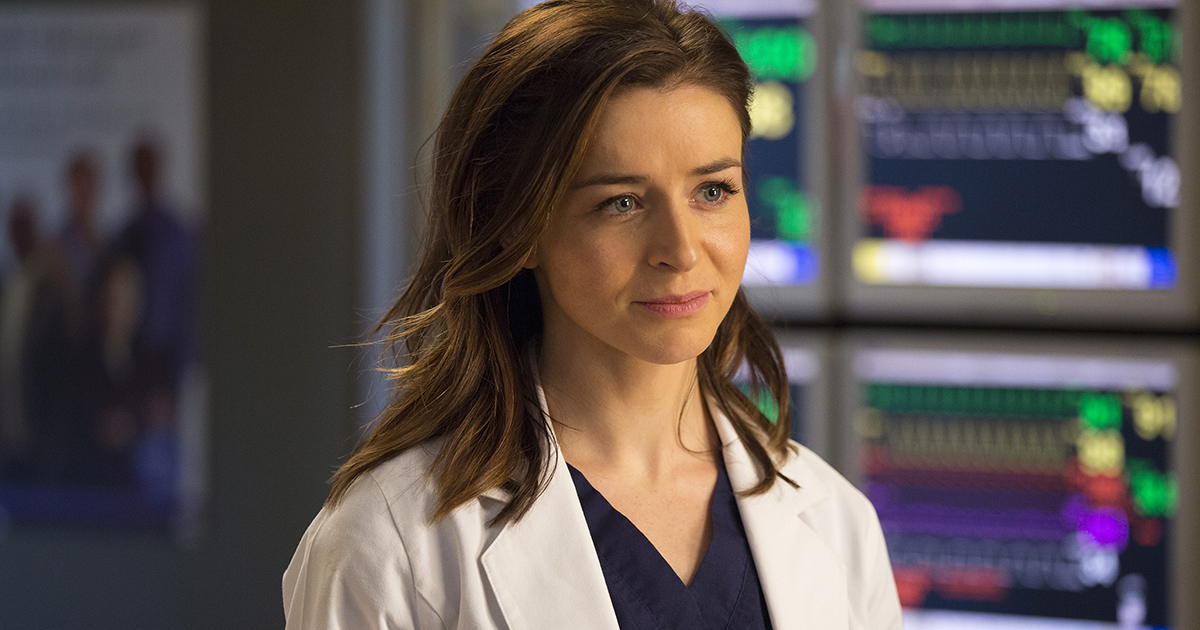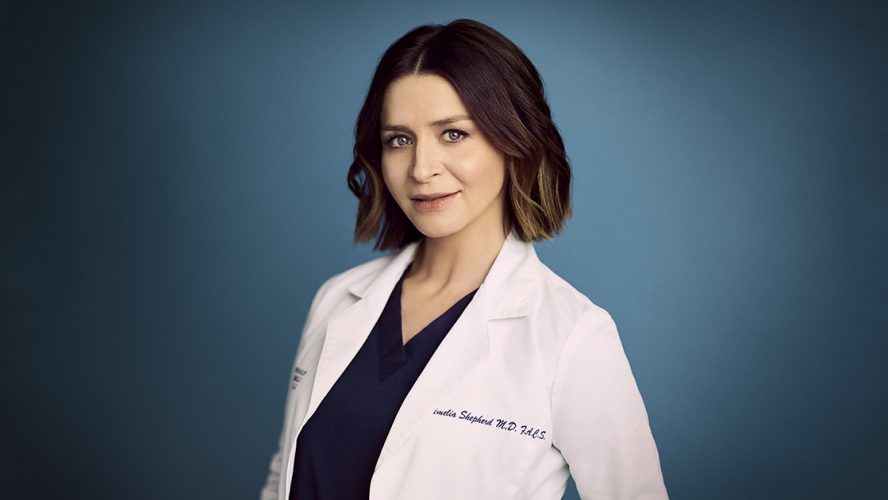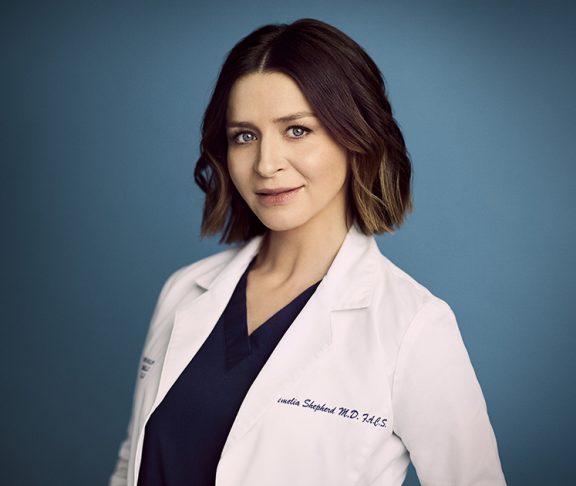“Grey’s Anatomy” fans know actress Caterina Scorsone as Dr. Amelia Frances Shepherd, head of neurosurgery at Grey Sloan Memorial Hospital. Like her on-screen persona, Scorsone is a passionate advocate for women, especially women in medicine.
She’s honored to play a strong woman in the media.
Role model
“Amelia Shepherd is a great role model for women because while she is brilliant and accomplished, she breaks the perception that a successful woman must put her femininity and her emotions and her vulnerabilities into a vault in order to succeed in a high-intensity position,” says Scorsone. “Amelia does not pretend she is a perfect person and she does not deny the aspects of herself that make her human.
“She is able to look at her vulnerabilities and name them, apologize for her mistakes without shame, and move forward with resilience.”
The actress is proud when she gets letters from young women who have just been accepted into or graduated from medical school.
“Many credit ‘Grey’s Anatomy’ for sparking their interest,” she says. “Many of them say the show modeled the possibility of a career in surgery in a vivid enough way that they could picture it for themselves.”
Visibility
The actress is encouraged that our culture is seeing more diversity, including women and people of color, on screen and off.
“Visibility in media is a huge part of how people come to conceive of themselves and one another and their relative roles in society,” she says, concluding, “Visibility is possibility.”
Disparity in healthcare leadership
There’s a gap of women in healthcare leadership, with only 30 percent of women having C-level roles and 13 percent of women holding CEO positions. While Scorsone says that gender disparity is also felt in other industries, she says it’s important to see examples of women succeeding in healthcare leadership.
“Successful women in healthcare can do so much to foster the next generation of woman leaders,” says Scorsone, explaining the first professionals her daughters met were female doctors.

She also encourages women in healthcare to start prioritizing women’s health issues beyond birth control. For example, she says more clinical trials can focus on the effects of disease and medication on women.
Supporting working mothers
The actress, 38, recently gave birth to her third child, a daughter. Scorsone is concerned about the lack of child care options and support for working mothers.
She feels lucky to have had a supportive work environment when she came back to work, including child care and nursing rooms.
“It allowed me the opportunity to work during my childbearing years and it gave my producers the opportunity to employ a highly skilled craftsperson with all of her accumulated experience and expertise while she was at the height of her creative power, in her thirties,” she says.
Scorsone says providing child care and parental support can empower women to pursue careers. She recalls seeing other women being supported when they had children while working in Shondaland, the TV production company behind “Private Practice” and “Grey’s Anatomy.”
She’s also an advocate for income equality: “Pay parity would help empower women to pursue leadership roles in all sectors, including healthcare.”
Assets
Scorsone says “the emotional presence that has been associated with femininity” is starting to be seen as an asset, instead of a liability.
She’s encouraged about the future.
“Instead of repressing our emotional reality, we are increasingly learning to name it and integrate it,” she says. “This kind of authenticity can lead to a far less toxic work environment and a more holistic approach to team building and communication in the work space.”



